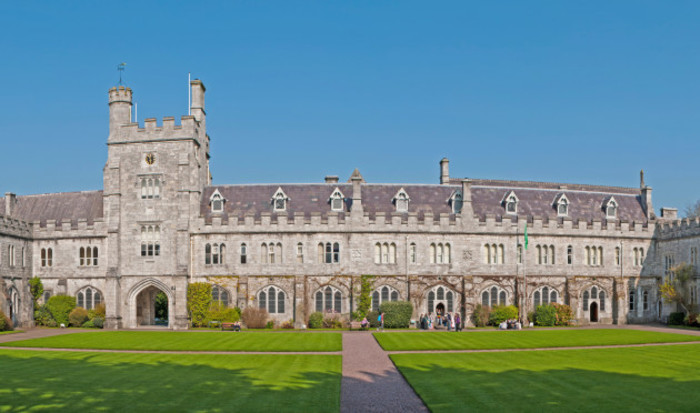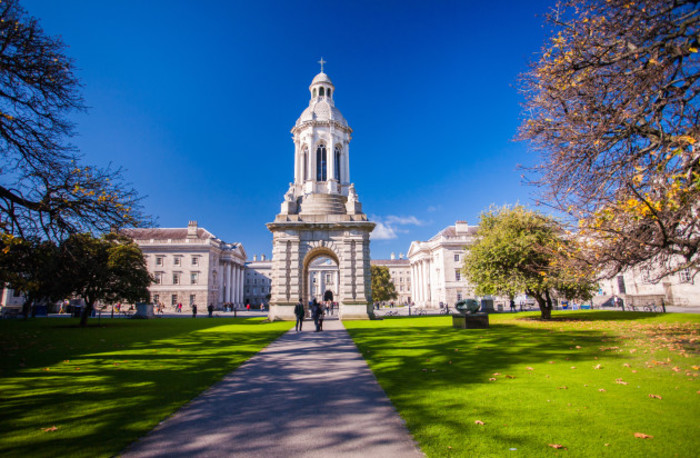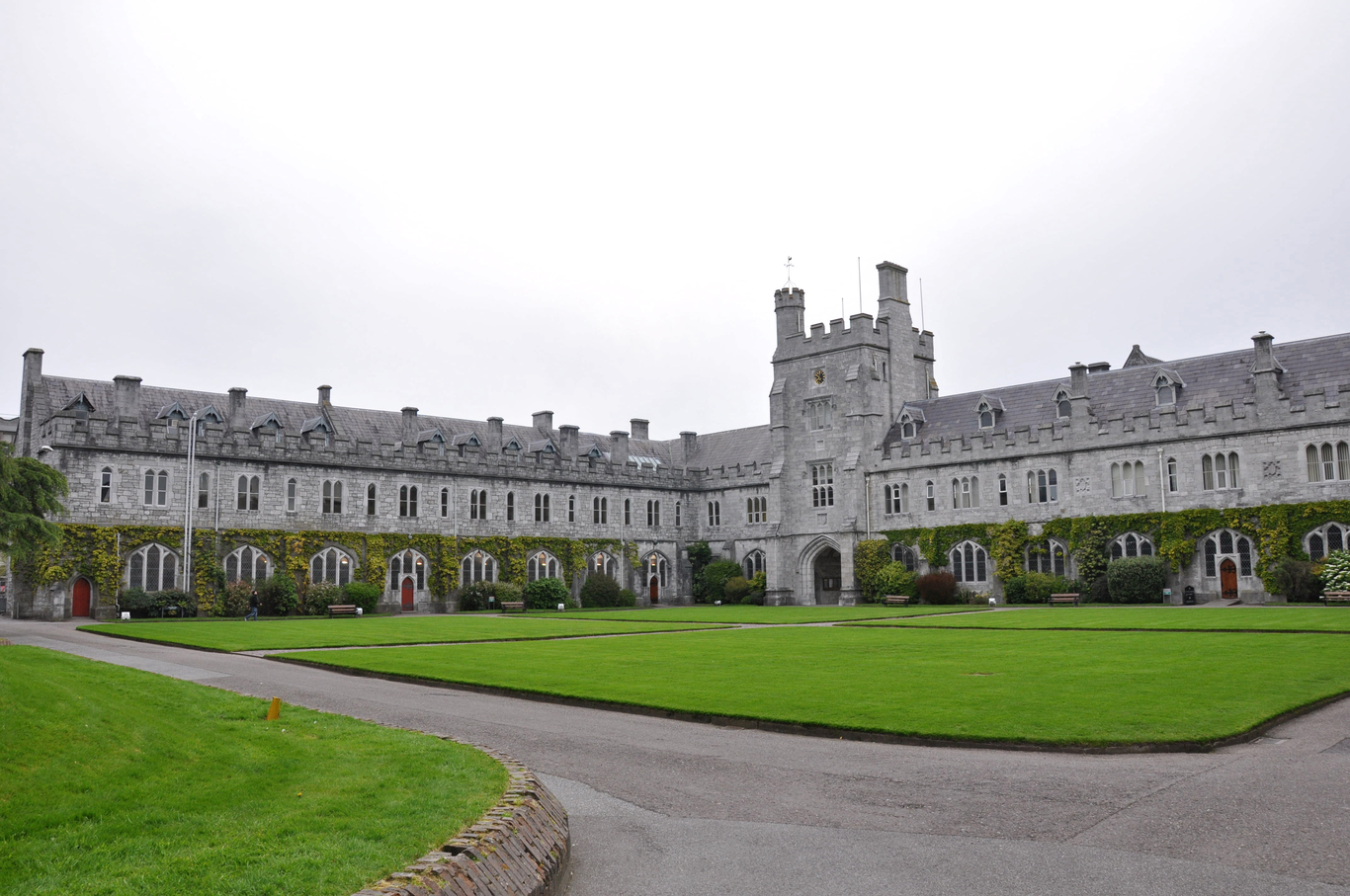The European Investment Bank is pumping €170m into two Irish colleges
The low-cost loans for UCC and Trinity come amid a growing funding crisis for local universities.
THE EUROPEAN INVESTMENT Bank will invest €170 million into two Irish colleges, including €100 million for UCC as part of the Cork institute’s major redevelopment.
The announcements come amid a growing funding crisis for Ireland’s universities, with a major review into the sector declaring in July that their contribution to society and the economy was “severely threatened” under current conditions.
The UCC project, which has been priced at €241 million in total, will support over 500 new jobs during construction, the college said in a statement today.
The development will include:
- €64 million for student accommodation
- €37 million for a new Cork University Dental School, research centre and hospital
- €27 million to fund western campus development, including sports facilities and the Cork Science and Innovation Park
- Student ICT services, including a new student hub
The European Investment Bank is the EU’s non-profit long-term lending institution, established in 1958. It is the world’s largest public investment bank and concentrates on funding projects that further EU policy goals.
It has previously agreed to finance a string of other projects in Ireland, including €76 million earlier this year towards DCU’s facilities.
UCC president Michael Murphy said the development was “the largest investment in capital projects … in our history”.
“The scale and ambition of the infrastructural developments align directly to key focus areas for the future, namely enhancing student experience and building on our innovation and health agenda and facilities,” he said.
“This investment by the EIB will have enormous impact not only for University College Cork, but for education and research nationally and internationally.”
 The Quad in UCC.
The Quad in UCC.
The Farm
The UCC project will include student accommodation, with additional capital expenditure of several million on a new student hub and student services from ICT to campus facilities upgrades, extensions and refurbishment.
Health and innovation projects will see the largest infrastructural developments such as the relocation of the Cork University Dental School, and a new clinical medical school.
The development will include the relocation of The Farm sports facilities to an adjacent site to allow for the construction of the Cork Science and Innovation Park.
Aside from the EU-backed loan, UCC plans to fund the project through capital grants, borrowings and philanthropy.
Separately, the EIB also announced a €70 million loan for campus development at Trinity. All told, the EIB agreed €200 million backing for school investment last month.
Trinity said it would spend the €70 million loan on the new Trinity Business School, currently under construction, as well as the development of campus student accommodation at Oisín House, and new premises for Trinity’s Institute of Population Health in Tallaght.
“Due to the current lack of funding of higher education in Ireland, the financing EIB has provided to Trinity has been crucial in our maintaining current and future standards,” the college’s provost, Patrick Prendergast, said.
“Without such support, quite frankly we would not have been able to progress with important flagship projects such as the Trinity Business School and Oisín House,” he said.
 Trinity College Dublin.
Trinity College Dublin.
EIB funding
This is the second EIB loan to Trinity – in 2008 it received a €75 million loan, becoming the first Irish university to earn the lender’s backing.
In the last five years the EIB has provided more than €7 billion for investment in universities across Europe, including €512 million in Ireland.
Speaking on RTÉ’s Morning Ireland today, EIB vice president Andrew McDowell said the lender could be part of the solution to Irish colleges’ funding woes – but they still needed sustainable revenue to cover loan repayments and running costs.
“It is quite clear the funding model for Irish universities is under severe pressure, that’s the conclusion of the Casells report. And this is something that requires political decision-making,” he said.
McDowell, the former chief economic advisor to Taoiseach Enda Kenny, added that the EIB had now struck agreements with all the major Irish colleges except NUI Galway, and he expected a deal to happen in the western city “in the new year”.
Reporting by Darragh Peter Murphy and Peter Bodkin





